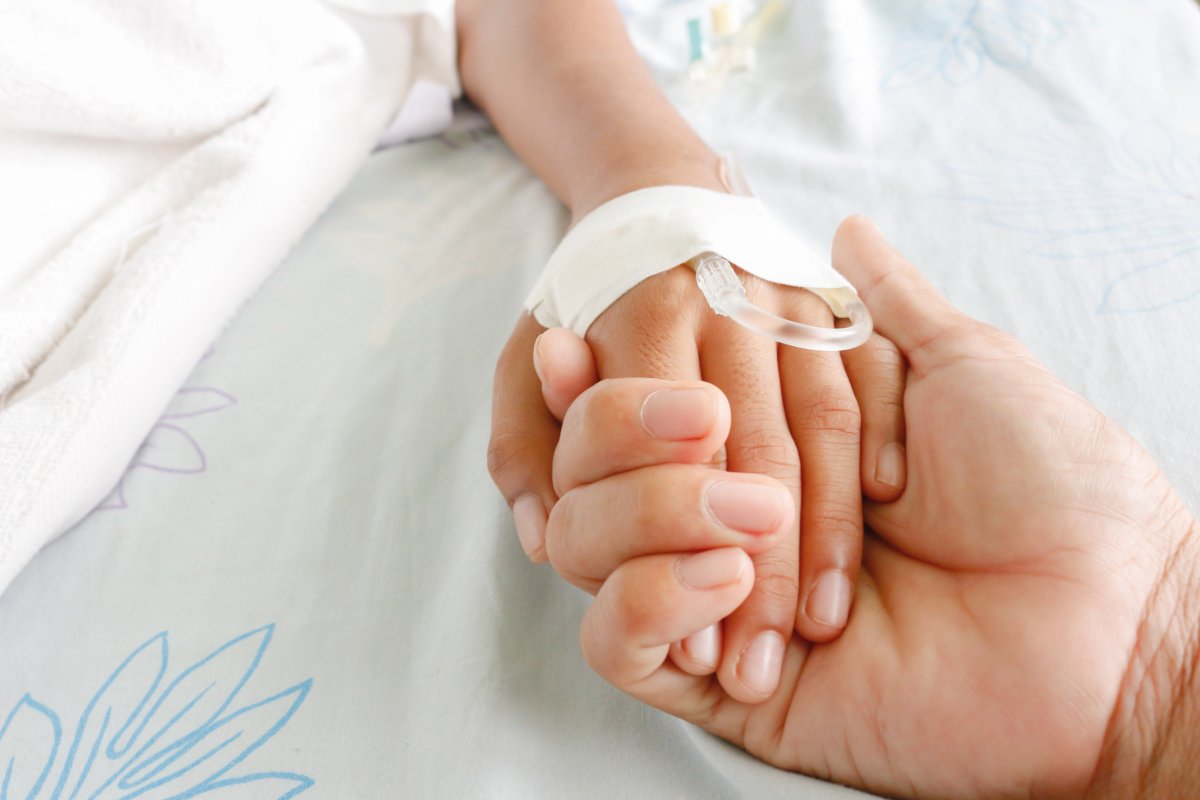Two children have died within days of each other after being bitten by a rabid wild animal, suspected to be a bat, in the Mexican state of Oaxaca.
The state health department confirmed the death of an 8-year-old girl from the town of Palo de Lima on Saturday. The patient had been receiving care at the Doctor Aurelio Valdivieso General Hospital in the state capital.
The death comes after the girl's 7-year-old brother passed away as a result of a rabies infection on December 28.
Rabies is a serious viral disease that affects the brain and spinal cord of mammals. The virus is usually transmitted to humans via the bite of an infected animal.

Figures from the Centers for Disease Control and Prevention (CDC) show that human rabies cases are extremely rare in the United States, with one to three reported every year on average. Exposure to infected bats is the leading cause of human rabies deaths in the U.S., accounting for around 70 percent of fatalities.
But the disease still causes almost 60,000 deaths annually around the world—primarily as a result of exposure to rabid dogs—with the vast majority of cases occurring in Asia and Africa.
Rabies is preventable if treatment is administered promptly following exposure, but once symptoms appear, the disease is almost always fatal in humans.
The CDC says it typically takes between three weeks and three months for rabies symptoms to develop depending on factors such as the specific type of virus in question and how far away the site of exposure is from the brain.
Post-exposure prophylaxis (PEP) shots are nearly 100 percent effective at preventing the disease if the treatment is administered before symptom onset.
In the case of the deaths in Oaxaca, the children are believed to have been bitten on December 1 but they were not taken to a medical clinic until around three weeks later, Dr. Concepción Rocío Arias Cruz, the director of the hospital, told the Milenio Televisión news station.
At this point, it was too late to save the siblings. The 2-year-old sister of the siblings was also bitten in the same incident but she received treatment and has not displayed signs of rabies.
The 8-year-old girl was admitted to the hospital on December 21 with health complications after being bitten by a "wild animal" and was in a "serious condition," the Oaxaca health department said in a statement.
"During her stay at the [Doctor Aurelio Valdivieso General Hospital], a group of multidisciplinary specialists were monitoring the patient at all times; however, she suffered irreparable damage to her health resulting in the unfortunate death of the minor," the statement said.
Following the first child's death, health authorities in Oaxaca traveled to the remote town of Palo de Lima to vaccinate dogs and cats against rabies
Newsweek reached out to the state health department of Oaxaca for comment.
Uncommon Knowledge
Newsweek is committed to challenging conventional wisdom and finding connections in the search for common ground.
Newsweek is committed to challenging conventional wisdom and finding connections in the search for common ground.
About the writer
Aristos is a Newsweek science reporter with the London, U.K., bureau. He reports on science and health topics, including; animal, ... Read more
To read how Newsweek uses AI as a newsroom tool, Click here.








